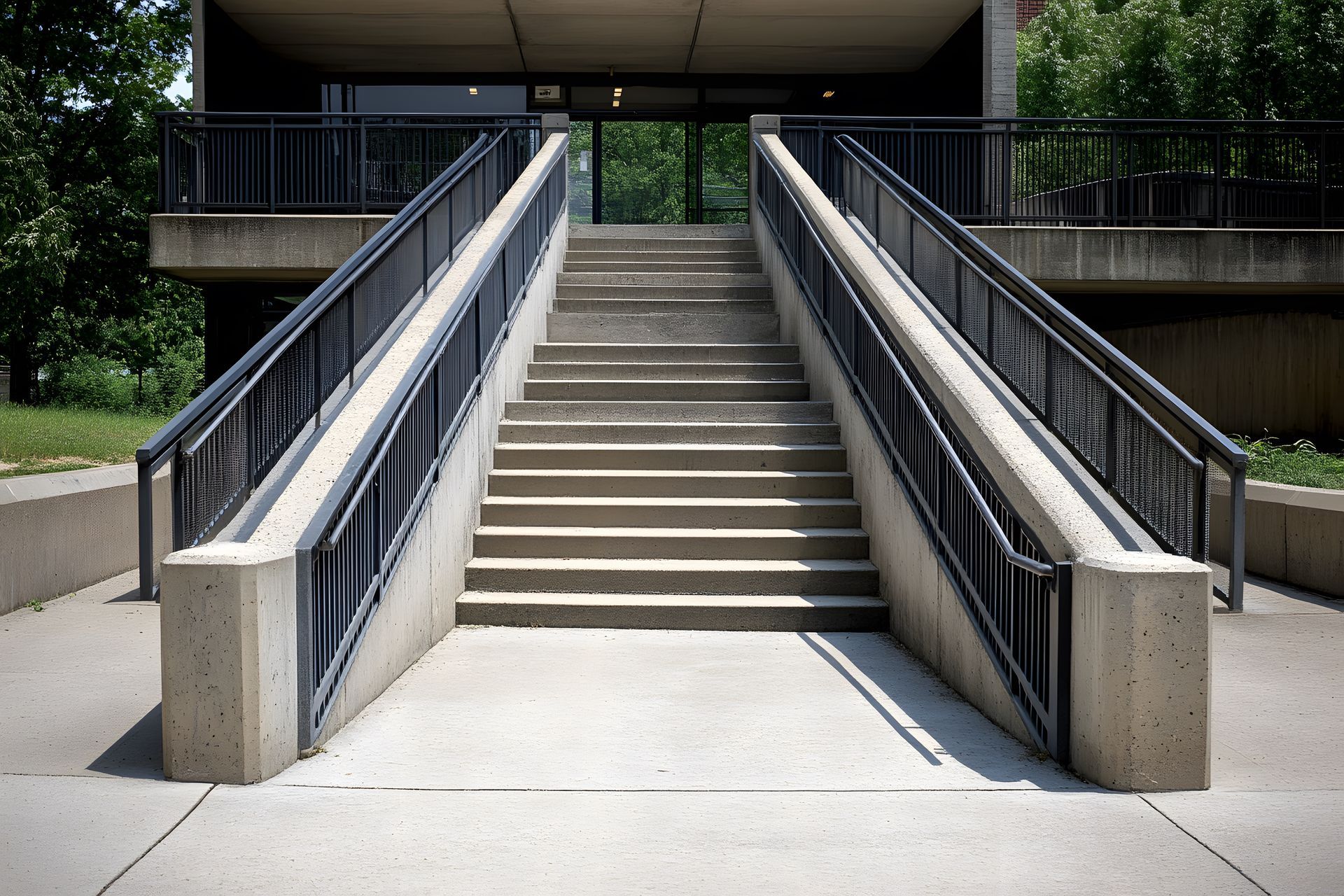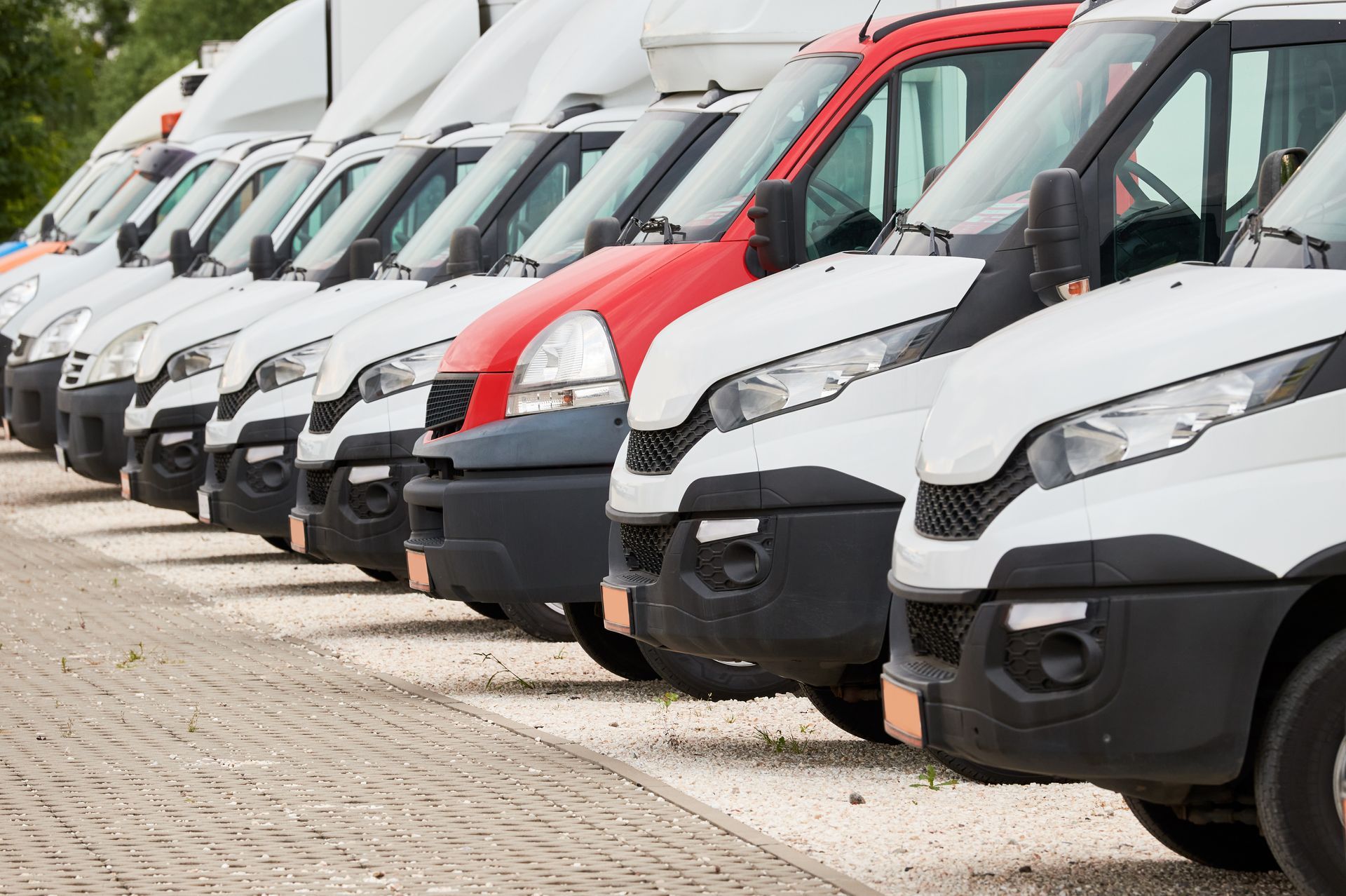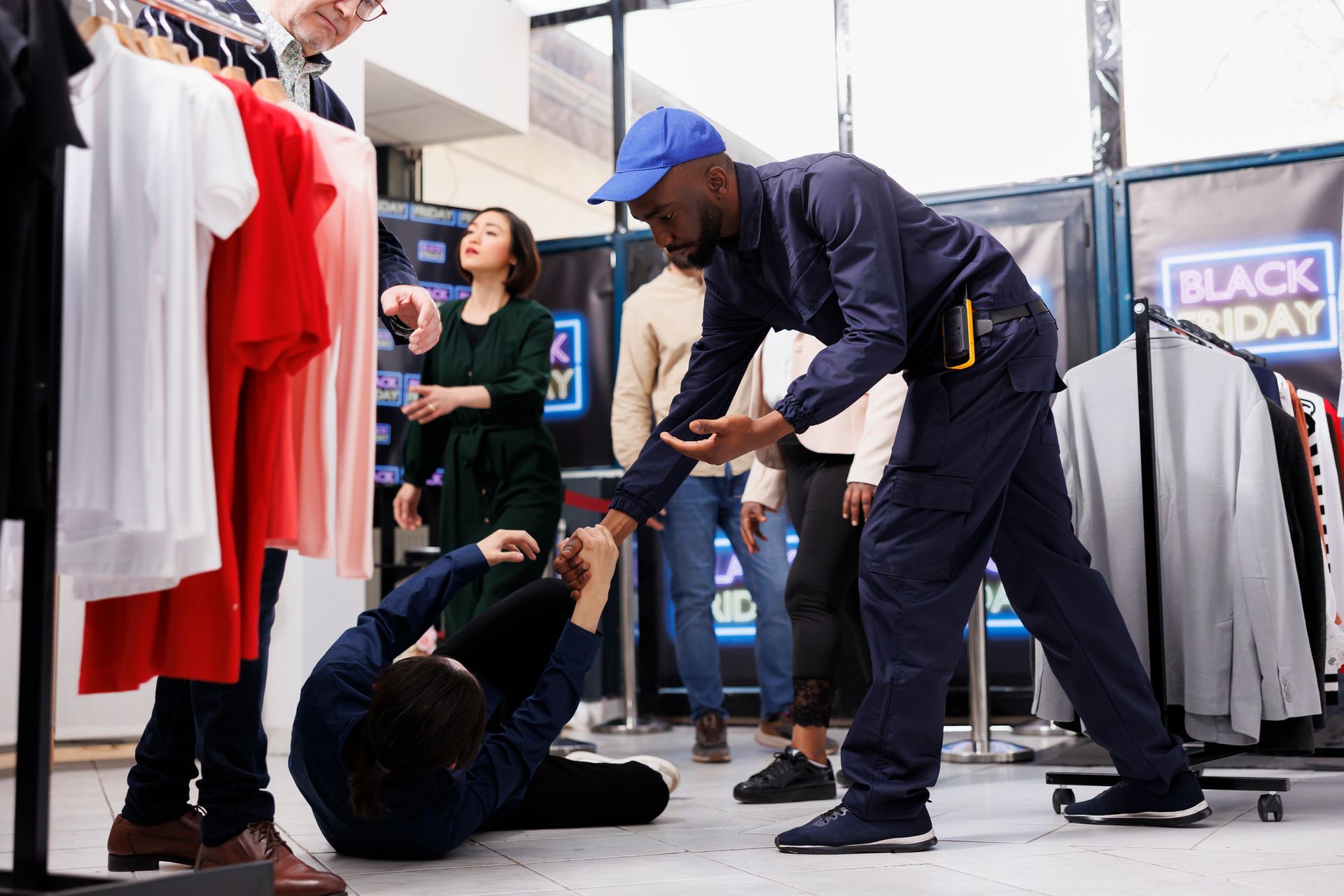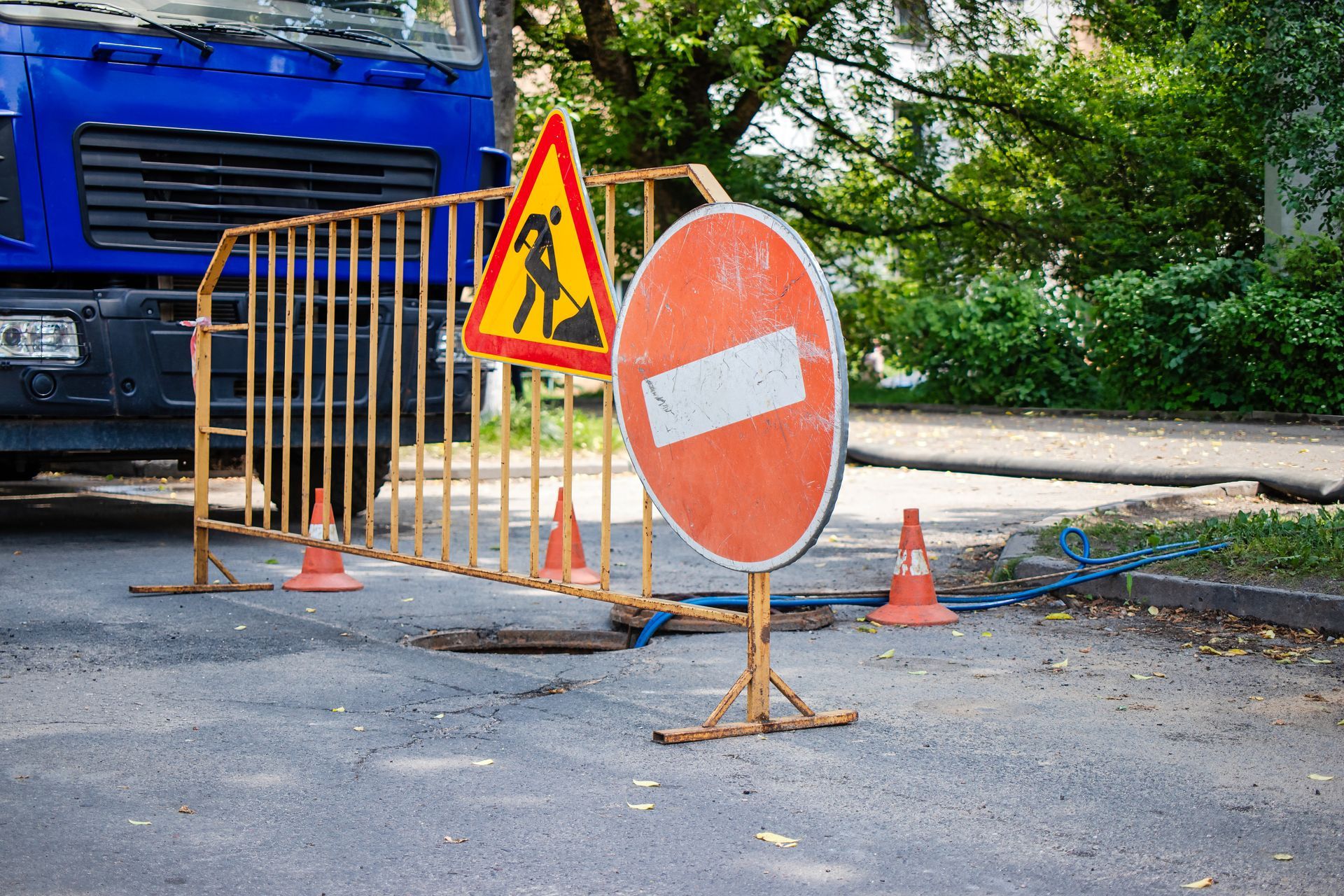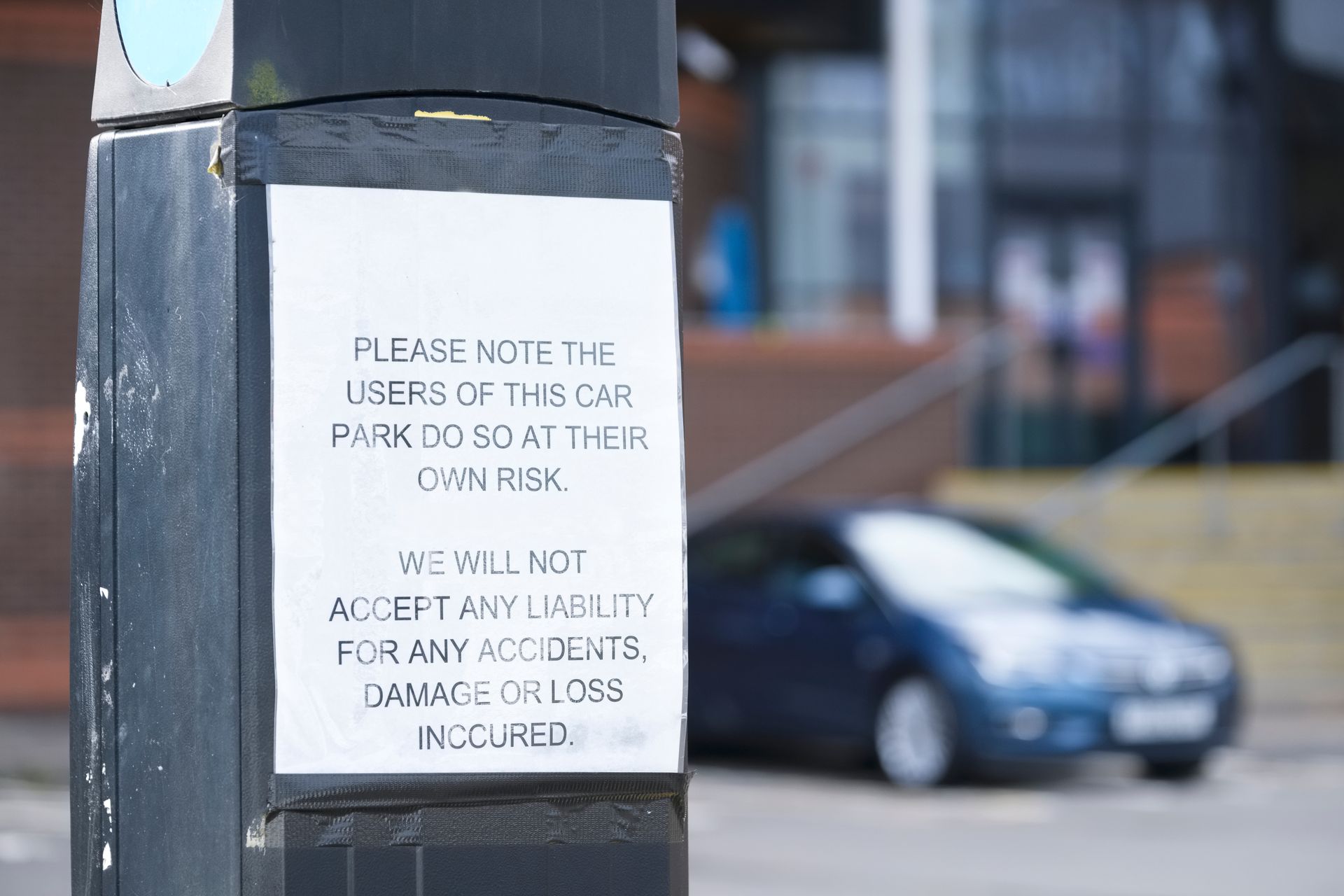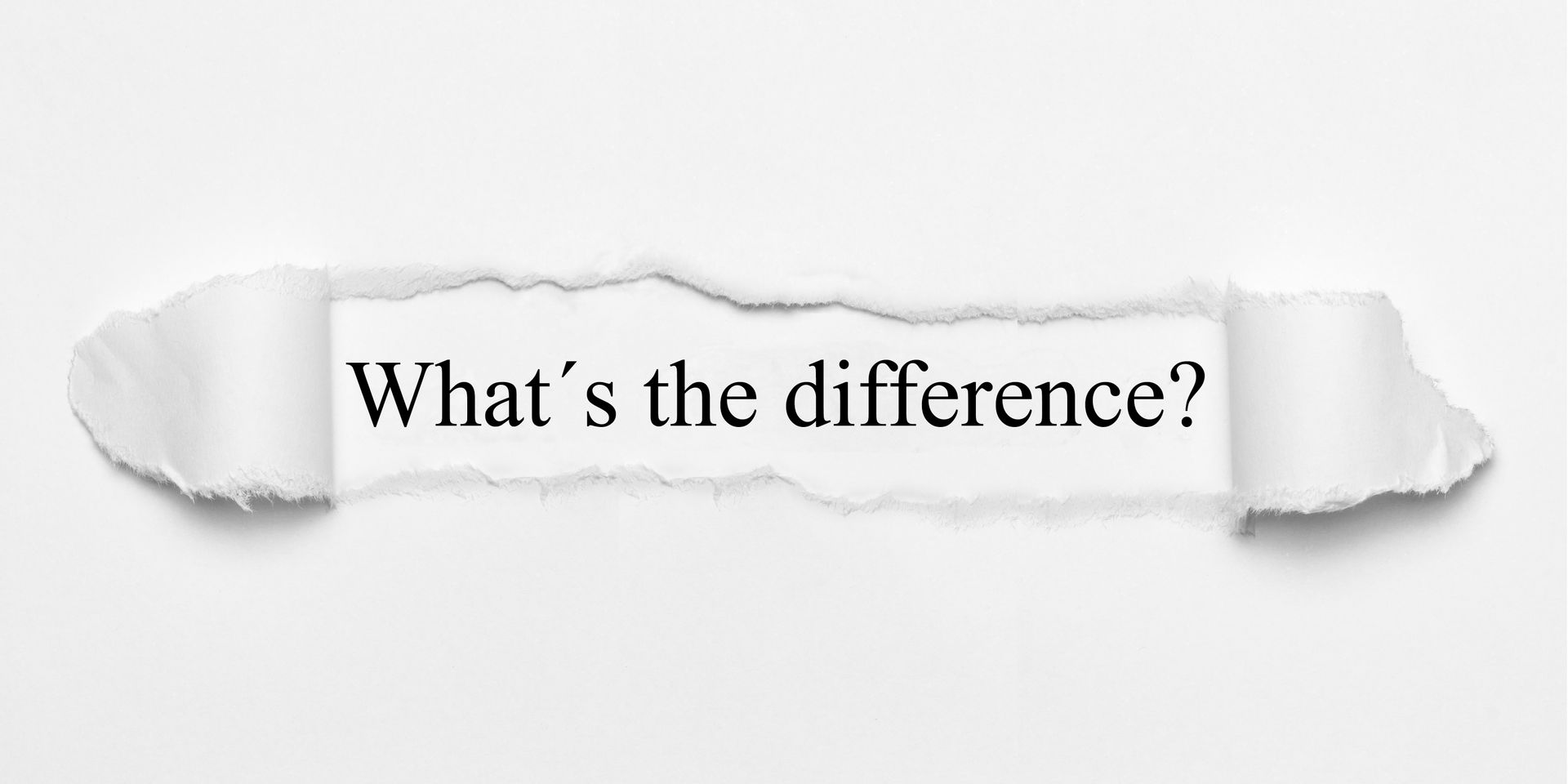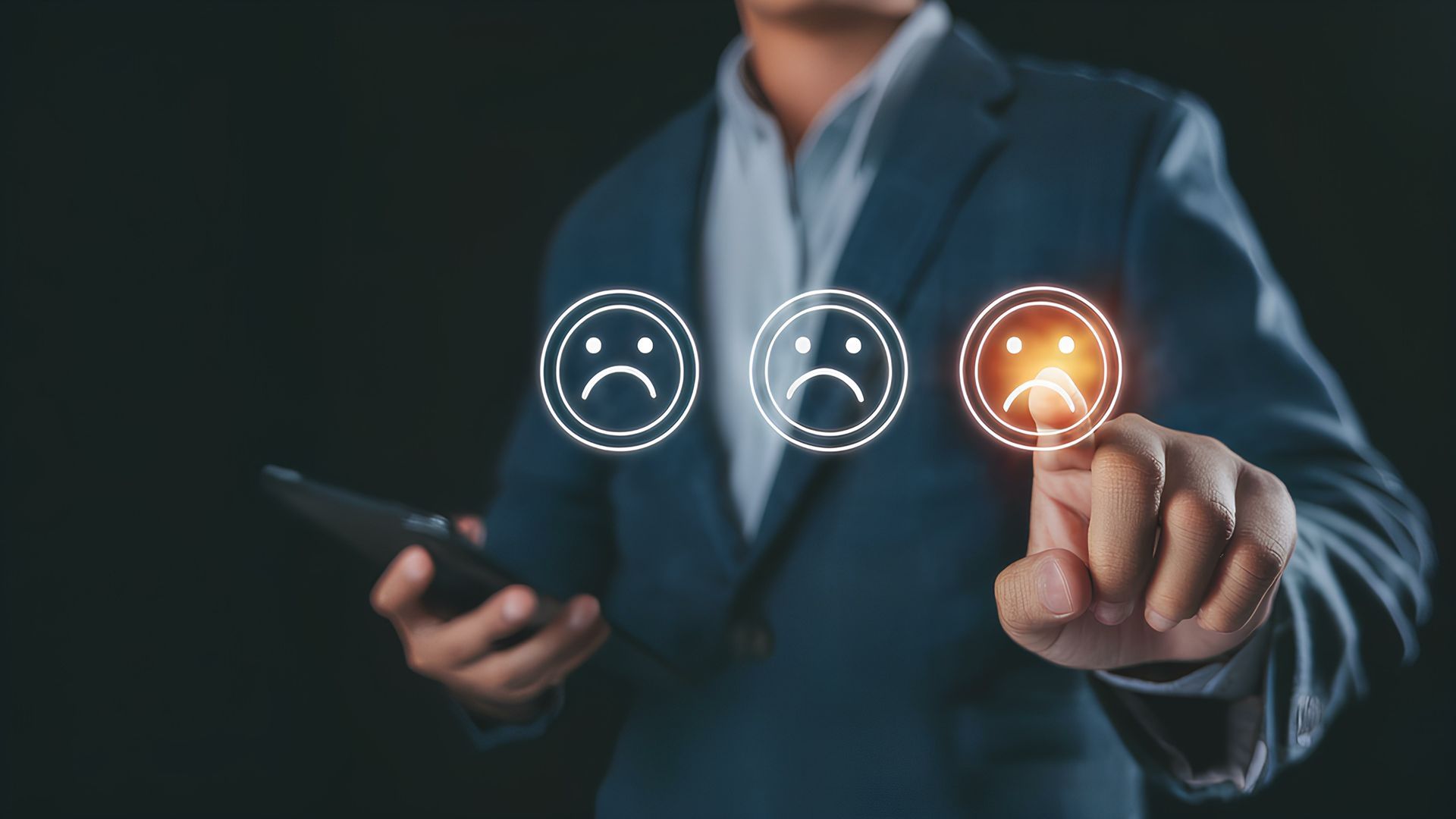Blog
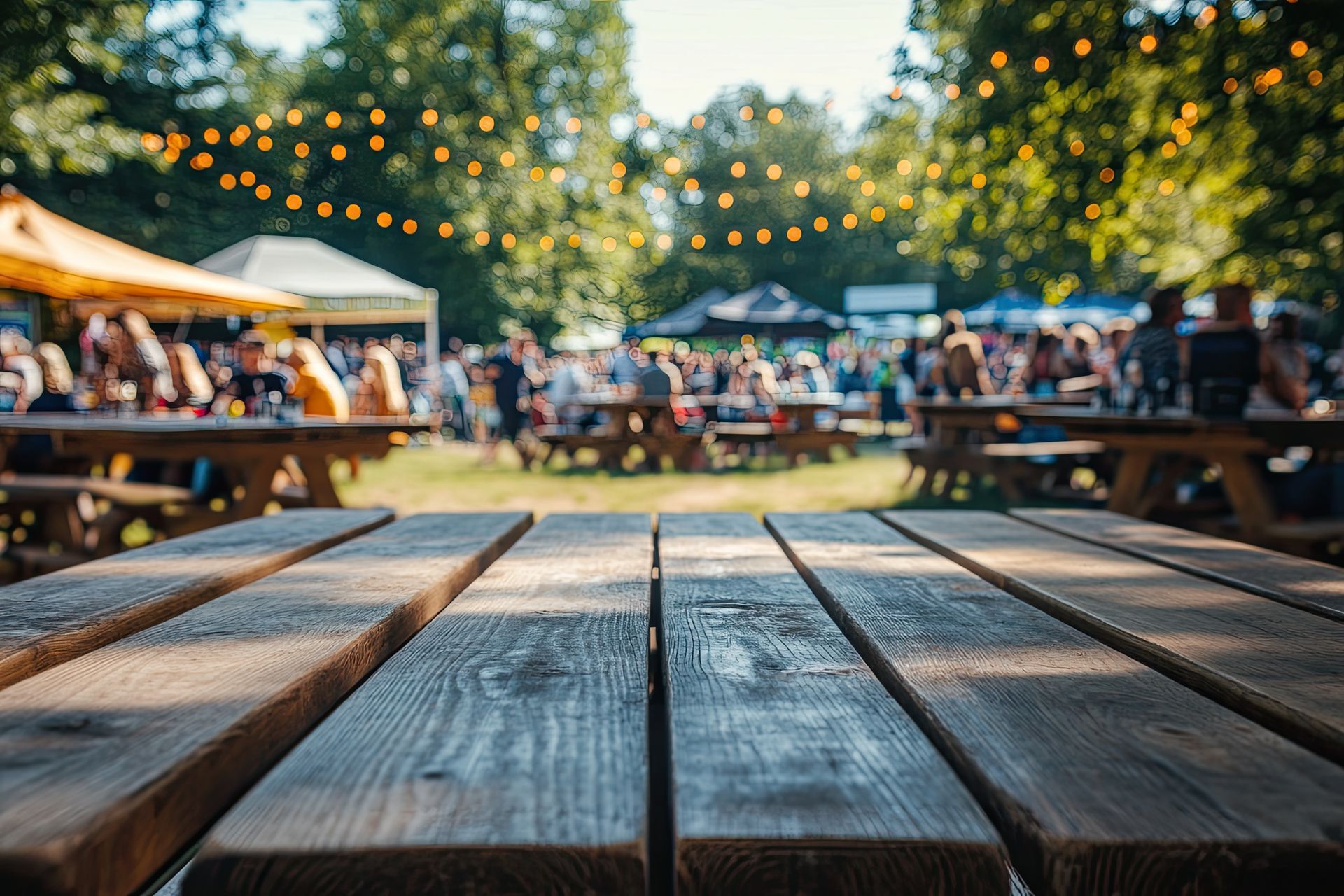
Pop-up markets, weekend festivals and temporary vendor events are great ways to attract visitors, boost local economies and generate additional revenue for property owners. However, landlords, business owners and government entities that lease or sublet space for such events must also consider the potential legal risks involved.
Can a Property Owner be Held Liable if an Attendee Is Injured, a Vendor Sells Defective Products or Someone Falls Ill from Food Poisoning?
When you host an event or allow vendors to use your property, you have a legal obligation to maintain a reasonably safe environment. Premises liability laws generally hold property owners accountable for injuries that occur due to hazardous conditions that they knew about or should have reasonably known about. This could include:
- Slips and Falls: Uneven walkways, wet floors or poorly lit areas can lead to injuries.
- Structural Hazards: Broken stairs, unstable tents or unsecured signage could pose risks.
- Crowd Control Issues: Overcrowding or inadequate security can result in injuries or altercations.
If an injury occurs due to a known hazard that was not addressed, the property owner may be held liable. However, the degree of liability depends on the terms of any agreements signed with vendors and event organizers.
Vendor Liability: Defective Products and Food Poisoning
When vendors sell products or food at your event, they bring their own set of risks. Customers who purchase defective goods or consume contaminated food may attempt to sue both the vendor and the property owner. Key concerns include:
- Defective Products: If a vendor sells a faulty product that injures a customer, liability may extend to the event host if there was negligence in vetting the vendor or ensuring compliance with safety regulations.
- Foodborne Illnesses: Vendors serving food must follow food safety and health regulations, but if an outbreak occurs, claims could be directed at both the vendor and the property owner for failing to enforce proper food safety standards.
Requiring vendors to carry their own insurance and meet health and safety requirements can help limit the property owner’s exposure to liability.
Managing Third-Party Liability
If an event attracts large crowds, issues such as security, alcohol consumption and emergency preparedness become major concerns. Common third-party liability issues include:
- Alcohol-Related Incidents: If alcohol is served at the event and a guest causes harm due to intoxication, liability could fall on the event host, vendor or property owner. Under Georgia’s dram shop law, a party may be held liable if they knowingly served alcohol to a noticeably intoxicated person under the age of 21 or to someone who was noticeably intoxicated and likely to soon drive. This means social hosts and vendors generally aren’t liable for a guest’s actions unless they served someone underage or knew the intoxicated guest would be driving.
- Inadequate Security: Fights, theft or other security incidents can lead to claims that the property owner failed to provide adequate protection.
- Medical Emergencies: If a medical emergency occurs and proper response measures aren’t in place, liability could arise from claims of negligence in emergency preparedness.
Minimizing Liability Risks
Draft Strong Lease and Vendor Agreements
- Clearly define liability responsibilities in rental agreements.
- Require vendors and event organizers to carry liability insurance.
- Include indemnification clauses that protect the property owner from vendor-related claims.
Provide Proper Insurance Coverage
- Maintain general liability insurance to cover accidents and injuries.
- Require event organizers and vendors to provide proof of their own insurance.
- Consider requiring event insurance for large-scale gatherings.
Conduct Safety Inspections
- Inspect the property before, during and after events for hazards.
- Confirm that vendors comply with health and safety regulations.
- Implement crowd control measures to prevent overcrowding.
Establish Security and Emergency Protocols
- Hire security personnel for large events.
- Ensure clear emergency exits and first-aid stations are available.
- Have a risk management plan in place for handling incidents.
Enforce Compliance with Georgia Law and Atlanta Ordinances
- Verify that vendors have the required permits and licenses.
- Make sure food vendors comply with health department regulations.
- Follow zoning laws and noise ordinances to prevent legal disputes.
Representing Atlanta Property Owners After Premises Liability Claims
If you need legal guidance on drafting event agreements, handling liability claims or safeguarding yourself from liability for events that occur on your property, the Law Office of Cameron Hawkins is here to help.
Contact us today here on our website for a free consultation or give us a call at 678-921-4225 to protect your property and business.
Law Office of Cameron Hawkins | All Rights Reserved
Areas of Practice
Contact Info
Disclaimer: The content on this website is for informational purposes only. This site and the information contained within is not legal advice, nor is it intended to be. Contacting the Law Office of Cameron Hawkins does not create an attorney-client relationship. Internet users should not act upon information contained on this site without first seeking advice from an attorney. Please refrain from sending any confidential information to The Law Office of Cameron Hawkins until an attorney-client relationship is established.
Disclaimer pursuant to Georgia Rule of Professional Conduct 7.1(a)(6): The statement "no attorneys' fees unless we are able to secure a verdict or settlement on your behalf" refers only to those fees charged by the attorney. Court costs and other additional expenses of legal actions usually must be paid by the client. Contingent fees are not permitted in all types of cases.

